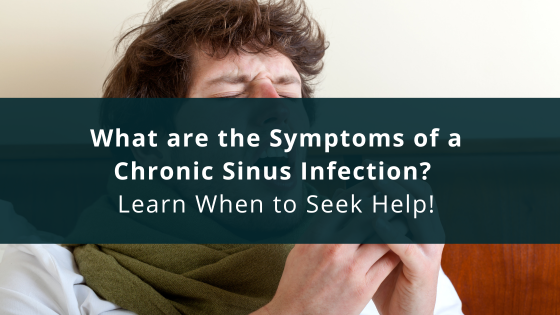Vaccinations and Foreign Travel
One question that has been asked, in light of the recent measles outbreak that we are seeing here in the United States lately, is what vaccinations are important to take if you are planning to travel abroad. This question is becoming more complicated as travel is becoming more exotic. So the most important factor in deciding which vaccines are necessary is where you are traveling to. For this, the CDC website on foreign travel is an excellent resource.
Another excellent resource is to see if there is a reputable travel medicine specialist in your area. If you decided to go this route, please make sure to see whether or not they take insurance, or do they work on a cash-only basis. This information should be readily available so that you have a good idea of what your out-of-pocket expenses should be.
One area of immunity I would like to address involves older patients traveling and previous immunizations. The ones I am most concerned with are childhood immunizations. For older patients you most likely were exposed to childhood illnesses such as measles, mumps, rubella and chickenpox.
The concern here, depending on your age, is that there is a chance your immunity to these diseases may have worn off with time. Confirmation of whether or not you have immunity can be achieved through simple blood tests done at your primary care’s office, and if necessary, boosters can be given.
Another area of concern is patients who are receiving immunosuppressant therapy – any varieties of illnesses, be it cancer therapy or therapy for a particular autoimmune disease. Regardless of the illness, your immune system is compromised, which can put you at risk of contracting an illness abroad.
Recently I was involved in treating a patient with inflammatory bowel disease who was on immunosuppressant therapy.
This patient developed a chronic sinus infection with an opportunistic infection. The risk factor in this particular case was a trip to a cave inhabited by bats. Bat guano is notorious for cultivating fungus and opportunistic bacteria that may be benign to normal hosts, but devastating to those who are immunosuppressed.
I believe that these are important concepts for people who wish to travel abroad, but have medical conditions that may warrant additional protection. The last thing you need is to be exposed to a childhood illness that you have lost immunity to, because the complication rate of these childhood illnesses are much greater in older patients – including death.
You don’t want to return from a vacation and now have to be treated for an opportunistic infection that may affect the therapy of your original disease. As always, the more information and education you have on your health, the more you can avoid risks associated with traveling abroad.







